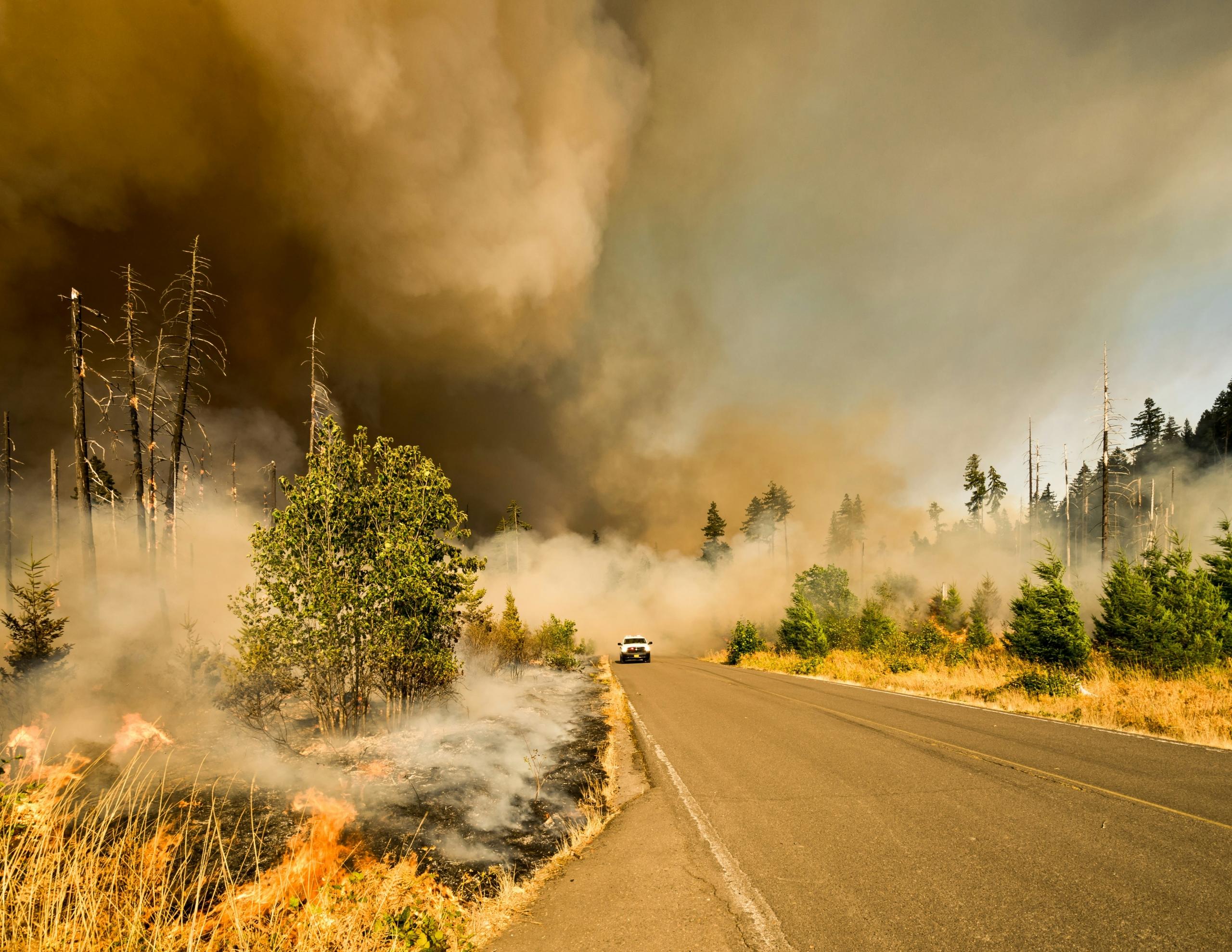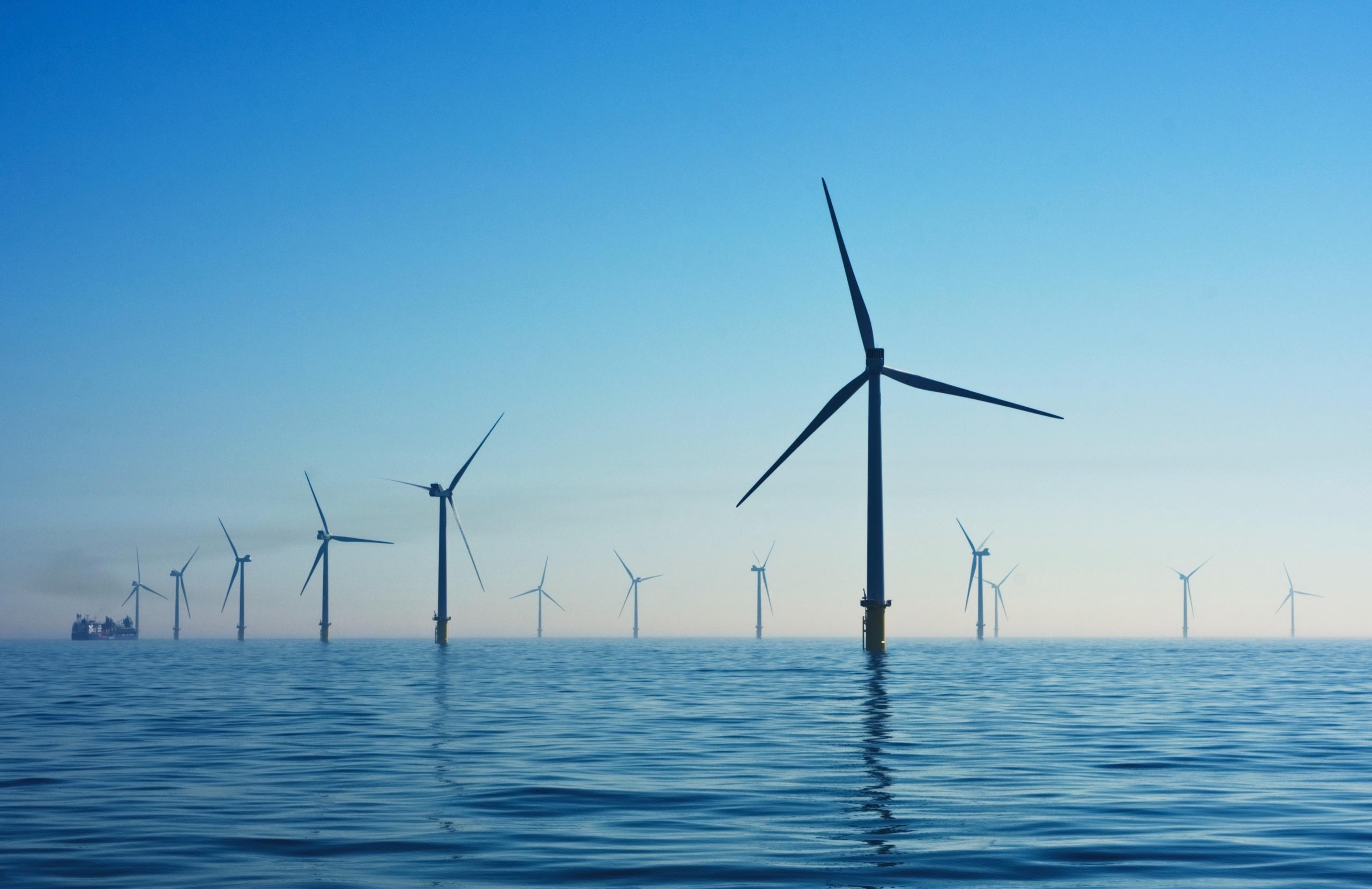From the beginning of time, the Earth's climate has been in a constant state of flux. However, in recent years, the effects of climate change have become increasingly apparent, with rising temperatures, melting ice caps, and extreme weather events becoming more frequent.
But what exactly are the causes of climate change?
The reasons behind this global phenomenon are many and complex, intertwining natural processes with human activities. While natural factors such as volcanic eruptions and variations in solar radiation have played a role for centuries, it is the actions of mankind that have exacerbated the issue.
Human-induced climate change primarily stems from the burning of fossil fuels, deforestation, and industrial processes that release greenhouse gases into the atmosphere.
These gases, like carbon dioxide and methane, act as a blanket, trapping heat and causing the planet to warm.
In addition to these direct causes, there are indirect factors contributing to climate change, such as population growth, urbanisation, and the expansion of agriculture. The way we live, consume, and produce energy all have profound implications for the environment and contribute to the ongoing crisis.
Understanding the causes of climate change is crucial in addressing the issue and finding sustainable solutions. By recognising our role in this global challenge, we can take the necessary steps to mitigate its impact and secure a better future for our planet and future generations.

What Exactly is Climate Change?
It's a term that has become a constant presence in the news over the past decade, yet many people may not have a deep understanding of what it truly means.
In its simplest form, climate change refers to the long-term shifts in temperatures and weather patterns that have been occurring on our planet. Scientists have observed these changes since the 1880s, and while there have been some positive effects, the overall impact has been predominantly negative.
It's important to clarify that Climate change is closely related to global warming, though they are often mistakenly used interchangeably. Global warming specifically refers to the observation of changing climate patterns and how greenhouse gases contribute to the rise in global temperatures.
Climate change is no longer limited to specific regions; it is a global phenomenon. The evidence is all around us - natural disasters, droughts, flash floods, scorching summers, and harsh winters - all pointing to the alarming reality that our planet is suffering irreversible damage at an increasingly rapid pace.

The Greenhouse Effect
The greenhouse effect is a natural process that plays a vital role in maintaining the Earth's temperature. It involves the trapping of heat by greenhouse gases, such as carbon dioxide (CO2) and methane (CH4), in the atmosphere. These gases allow sunlight to pass through but prevent the escape of heat, resulting in a warming effect on the planet. However, human activities have significantly intensified the greenhouse effect, leading to an imbalance in the Earth's climate system.
Natural Causes of Climate Change
While natural factors have influenced climate change throughout Earth's history, the current climate change crisis is primarily driven by human activities. Natural causes include:
- volcanic eruptions
- variations in solar radiation and
- changes in the Earth's orbit
Volcanic eruptions release large amounts of gases and particles into the atmosphere, which can temporarily cool the Earth. Solar radiation variations and orbital changes can also influence climate patterns, albeit over longer time scales.

Human Activities Contributing to Climate Change
The most significant drivers of climate change today are human activities. These activities release vast quantities of greenhouse gases into the atmosphere, leading to an enhanced greenhouse effect. The burning of fossil fuels, deforestation, industrialisation, agriculture, and transportation all contribute to the increasing concentration of greenhouse gases in the atmosphere.
Deforestation
Deforestation, the permanent removal of forests, has a profound impact on climate change. Trees play a crucial role in absorbing carbon dioxide through photosynthesis. When forests are cleared, the stored carbon is released back into the atmosphere as CO2.
Deforestation also reduces the Earth's capacity to absorb carbon dioxide, exacerbating the greenhouse effect. Additionally, the loss of forests disrupts local ecosystems, leading to the extinction of species and the disruption of natural habitats.
Burning of Fossil Fuels
The burning of fossil fuels, such as coal, oil, and natural gas, is a major contributor to climate change. When these fuels are burned for energy production, they release large amounts of carbon dioxide and other greenhouse gases into the atmosphere. These gases trap heat and increase the Earth's temperature, causing global warming. Fossil fuel combustion is prevalent in various sectors, including electricity generation, transportation, and industrial processes.
Industrialisation
Industrialisation has played a significant role in climate change due to increased energy consumption and the use of fossil fuels in manufacturing processes. The rapid growth of industries has led to higher greenhouse gas emissions, contributing to global warming. Additionally, industrial activities release other pollutants, such as aerosols and ozone-depleting substances, which further impact the Earth's climate system.
Agriculture
Agriculture is another sector that contributes to climate change through various practices. Livestock farming, particularly cattle, produces methane, a potent greenhouse gas. Additionally, the use of synthetic fertilisers releases nitrous oxide, another greenhouse gas. Deforestation for agricultural expansion also increases carbon dioxide emissions. Moreover, changes in land use for agriculture can disrupt natural ecosystems and reduce their capacity to absorb carbon dioxide.
Oil Drilling
Oil drilling, both offshore and on land, is a significant contributor to the detrimental effects of climate change. It is responsible for approximately 30% of methane emissions and around 8% of carbon dioxide pollution.
During the process of drilling for petroleum oil, there is a collection of the valuable resource. However, this extraction method is not always environmentally friendly. In fact, it can lead to leaks that have devastating consequences on ecosystems and the habitats of countless animal species.
Transportation
Transportation is a significant contributor to climate change, accounting for a significant portion of global greenhouse gas emissions. The burning of fossil fuels in cars, trucks, ships, and airplanes releases carbon dioxide and other pollutants into the atmosphere. The transportation sector is heavily reliant on fossil fuels, making it a key target for reducing greenhouse gas emissions and transitioning to cleaner alternatives.

Society's Addiction to Shopping
In the dark depths of our modern society, a relentless force has emerged, threatening to plunge our world into chaos and despair. This force goes by the name of consumerism, a voracious beast that feeds on our desires and demands constant sacrifice. But what many fail to realise is the devastating impact that consumerism has on our fragile planet. With each new purchase, a silent tremor echoes through the earth, as the extraction of resources and the production of goods release toxic gases into the atmosphere. The insatiable appetite of consumerism fuels the fires of climate change, pushing our planet closer to the edge of destruction.
As we are lured into the seductive embrace of consumerism, blinded by the promises of a better life, we fail to see the trail of devastation left in its wake. The manufacturing processes required emit greenhouse gases, trapping heat within our atmosphere and raising global temperatures to unprecedented levels.
The consequences of our consumerist addiction are far-reaching. Rising sea levels engulf coastal communities, leaving countless lives upturned and washed away by the relentless waves. Extreme weather events become more frequent and severe, as the delicate balance of our climate system is disrupted. Droughts ravage once fertile lands, plunging communities into a cycle of poverty and desperation. All these calamities are the direct result of our insatiable desire for more, for newer and shinier things.
Other Factors Influencing Climate Change
While human activities are the primary drivers of climate change, other factors can also influence the Earth's climate system. Natural climate variability, such as El Niño and La Niña events, can cause temporary fluctuations in temperature and weather patterns.
Volcanic eruptions, as mentioned earlier, release gases and particles into the atmosphere, affecting the Earth's climate. Additionally, feedback mechanisms within the climate system, such as changes in cloud cover and ocean currents, can amplify or dampen the effects of climate change.
Why Understanding the Root Causes of Climate Change is Important
Understanding the root causes of climate change is crucial for developing effective strategies to mitigate its impacts. By identifying and addressing the primary drivers of climate change, we can work towards reducing greenhouse gas emissions, promoting sustainable practices, and transitioning to cleaner energy sources. Public awareness and education regarding the causes of climate change are also essential for fostering collective action and supporting policy changes.
What Can Be Done?
We must wake up from our consumerist slumber and recognise the role we play in this destructive dance. We must break free from the chains that bind us to a life of mindless consumption and realise that true happiness lies not in material possessions but in the preservation of our planet. It is time to choose a different path, one that leads us towards sustainability and harmony with nature. Only then can we hope to mitigate the devastating effects of consumerism on our climate and secure a future for generations to come.
Summarise with AI:















